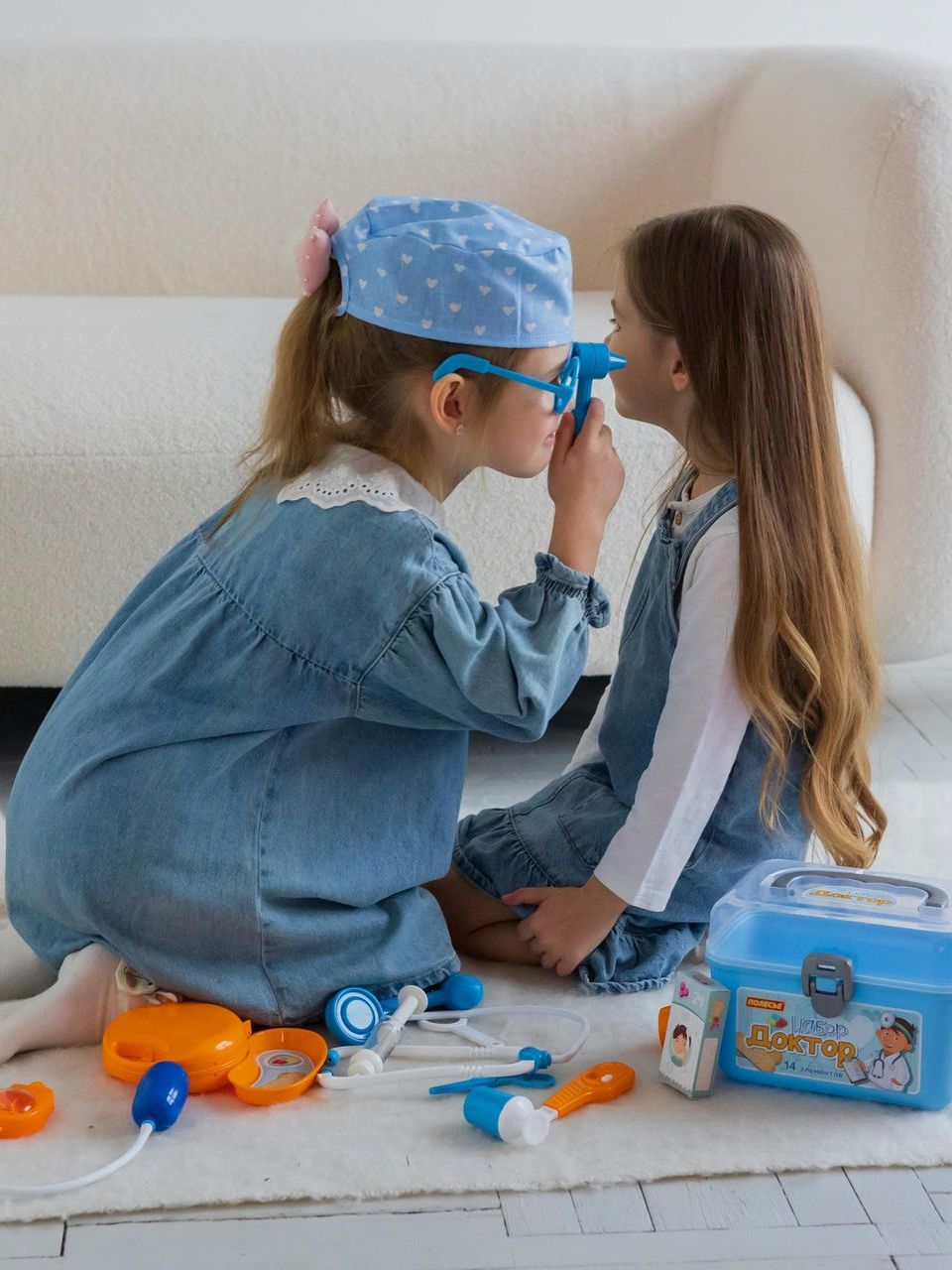Child, Youth, & Family Services
Mental Health Support for
Infants, Toddlers, Teens, and Parents
Are you worried about your child’s mental health or behavior? CNS Healthcare offers Child Youth Family Services to support emotional growth and well-being. These services provide therapy, counseling, and help for families facing tough challenges.
Families can access services by calling 1-800-615-0411 or filling out the appointment request form.
Key Takeaways
- CNS Healthcare offers mental health support for children, teens, and families through therapy, education, and counseling.
- Services begin with
infant mental health, supporting pregnant women, fathers, infants and toddlers, early school aged
children, teen moms, and adult caregivers of children 0-6 years old. - As children grow older, they may receive therapy like Play Therapy, Cognitive Behavioral Therapy (CBT), Applied Behavior Analysis (ABA) for autism, or trauma-focused care.
- School-Based Services place clinicians in schools to help students with behavioral issues or emotional needs directly on-site.
- Programs like Youth Peer Support (YPS) and Cornerstone focus on building life skills for teens transitioning into adulthood.
Overview of Child, Youth, & Family Services
CNS Healthcare offers many services to support children, teens, and families. These resources focus on mental health care, personal growth, and building strong family connections.
Behavioral health treatment, prevention, and education
Behavioral health services help kids, teens, and families handle mood swings, anger issues, bullying, grief, and attention problems. These treatments include Play Therapy for younger children, Cognitive Behavioral Therapy (CBT), and Solution Focused Therapy for older youth.
Services also address substance use problems to support healthy emotional growth.
You can find prevention tools through education programs that teach coping skills and build emotional health. These efforts reduce at-risk behaviors while promoting positive actions in daily life.
Support is available both individually or in group settings to meet your family’s needs.
Referrals for Applied Behavior Analysis (ABA) for Autism
Referrals for Applied Behavior Analysis (ABA) are available for children and young people from ages 0-21. This treatment focuses on helping those with autism spectrum disorders and behavioral challenges.
It uses proven methods to improve skills, communication, and daily activities.
Support is also available for youth that struggle with intellectual or developmental disabilities in Oakland, Wayne, and Macomb County. You can access this service through community mental health providers like CNS Healthcare.
These programs aim to provide effective tools for better growth and learning outcomes, ensuring every child gets the care they need.
Support for children and youth with intellectual or developmental disabilities
Children and youth with intellectual or developmental disabilities can get the help they need. Services focus on evaluation, testing, and customized support plans to meet unique needs.
Support aims to improve daily life skills and ensure every child feels confident and included.

School-Based and Community-Integrated Services
CNS Healthcare brings mental health support directly to schools and communities. Skilled clinicians work closely with educators and families to address each child’s needs.
School-Based Services (SBS): Clinicians embedded in school buildings, collaborating with teachers and counselors
School-Based Services place mental health clinicians inside schools. They work closely with teachers, counselors, and staff to support students' needs. This partnership helps create a safer and more understanding environment for children.
Clinicians provide therapy, assessments, and crisis help directly at the school. This makes it easier for families to access care during the school year. These services also address issues like behavioral health challenges or trauma while keeping collaboration with educators a priority.
Youth Peer Support (YPS)
Youth Peer Support (YPS) gives young people the chance to connect with others who have faced similar challenges. Trained peers help youth build skills, make goals, and improve their lives.
These programs empower teens by focusing on their strengths.
YPS teams often work within schools or communities in Oakland, Wayne, and Macomb County. They provide emotional support and tools to handle tough situations. This service is part of CNS Healthcare’s mental health approach for children and families.
Youth in Transition
Young adults aged 18-25 often face major changes. You might feel the pressure of moving into adulthood, balancing work, school, and personal needs. CNS Healthcare offers mental health services to help during this time.
These include therapy, medication support, and skill-building programs.
The Cornerstone Program gives extra care for those entering adulthood. It focuses on life skills like managing money and finding a job. Support is also available for youth leaving foster care or facing challenges with housing or education.
Services aim to build independence while keeping access to needed supports in Wayne County.
Community partnerships and engagement
CNS Healthcare teams up with local schools, agencies, and organizations. These partnerships expand child mental health services for families in Oakland, Wayne, and Macomb County. Clinicians work closely with teachers and counselors to support students’ emotional needs.
Local agencies also help provide resources like referrals or financial assistance.
Strong ties with other community organizations boost service availability. Community events foster awareness about child welfare and early childhood mental health. Such efforts ensure families can access trusted support systems nearby.

Outpatient and Specialty Programs for Youth
Youth-focused programs provide care for mental health and emotional well-being. These services aim to address specific needs of children and teens in a supportive environment.
Psychiatric evaluations and medication management
Psychiatric evaluations help find the right support for a mental health condition. A trained professional will assess behavior, thoughts, and emotions. This process helps create treatment plans that meet specific needs.
Medication management ensures safe and effective care. Psychotropic medications can treat disorders like ADHD or mood disorders.
These options aim to improve well-being and daily functioning.
Psychotherapy and psychiatry for minors under 18
Children under 18 can receive therapy and psychiatric care at CNS Healthcare. Services include Play Therapy and Cognitive Behavioral Therapy (CBT) to help with anxiety, depression, trauma, or adjustment issues.
Therapists create safe spaces for children to share their feelings.
You can also access evaluations for mental health concerns. A psychiatrist may suggest medication management if needed. These treatments focus on improving emotional health and daily functioning in a child-friendly way.
Children’s Outpatient Therapy (COP)
COP offers therapy for kids and teens under 18. These services focus on behavioral health, helping with emotions, actions, and relationships. Therapy sessions are member-directed and goal-focused to support your child’s needs.
Therapists work with families to improve life at home, at school, or in the community. COP helps children feel safe, build trust, and heal from emotional pain. This program is part of CNS Healthcare's effort to strengthen family bonds while giving youth tools for success.
Infant & Early Childhood Mental Health Program (IECMH)
The Infant & Early Childhood Mental Health Program (IECMH) helps young children and their caregivers build strong, healthy relationships. This program focuses on providing early support. It addresses challenges like postpartum depression, domestic violence, or substance use disorders within families.
Caregivers receive tools to manage stress and create positive interactions with children at home. Services are home-based or community-based, making it easier for families to access help when they need it most.
These resources aim to prevent long-term emotional struggles for kids while strengthening family bonds.
Intensive Home-Based Services (IHB)
Intensive Home-Based Services (IHB) provide support directly in your home. These services focus on helping children and teens overcome challenges that may interfere with daily life.
They address problems like behavioral issues, emotional struggles, and family conflicts.
Care team members work closely with you to create a plan for success. The goal is to build healthy routines and solve problems where they happen—at home. This approach strengthens the family unit while supporting the child’s mental health.
IHB can provide intensive support when you need it most. It provides help that fits into your everyday life.
Baby Court
Baby Court focuses on the wellbeing of infants and young children in child welfare. It helps families involved with Michigan’s juvenile justice or foster care systems. Judges, clinicians, foster agencies, and the Michigan Department of Health and Human Services work closely together.
This program aims to protect children while supporting their emotional health. You’ll find services like counseling for parents, therapy for young kids, and collaboration between caregivers.
Baby Court connects you with experts who focus on creating safe homes and brighter futures.

Trauma-Informed & Specialized Therapies
Caring for mental health after trauma takes specialized help. These therapies focus on healing and preparing youth for a healthier future.
Trauma-Focused Cognitive Behavioral Therapy (TF-CBT)
TF-CBT helps children heal after trauma. It reduces fear, sadness, or anger caused by difficult events. This therapy supports kids and teens dealing with abuse, violence, or loss.
Caregivers play an influential role in TF-CBT sessions. You learn how to strengthen your bond with your child. Together, you build trust while working through tough emotions. Families see fewer negative symptoms and improved relationships over time.
Intensive Care Coordination with Wraparound (ICCW)
ICCW helps children and families facing tough challenges. It focuses on care in the home, school, and community. This service uses Wraparound support to create a team for each child.
The team includes family members, teachers, health professionals, and other helpers. Everyone works together to make plans that meet the child’s needs.
You can expect help with behavior issues, mental health concerns, or developmental disabilities. Teams also support foster youth or at-risk youth who need extra care. With ICCW, services aim to keep children safe while helping them succeed in life.
Families get tools to build strong connections and handle stress better over time.
Cornerstone Program for youth transitioning into adulthood
The Cornerstone Program helps youth move from pediatric care to adult independence. It builds skills in education, jobs, self-care, wellness, and housing. This program ensures young people gain the tools needed for stability and success.
You receive support personalized to individual needs during this critical transition. The program promotes long-term growth while focusing on mental health and life readiness.
Individualized Educational Plan (IEP) support
IEP support helps children get the right tools for school success. It focuses on their specific needs, working with teachers and healthcare providers. This plan may include extra time on tests, a quiet space to learn, or one-on-one help in class.
Experts guide you through every step of creating an IEP. They listen to your concerns and work with schools to offer the best options for your child. These plans make sure every student gets a fair chance to learn and grow.

Support Systems for Parents and Families
Families often need extra help to support their children’s mental health. Parents can connect with services that offer guidance, education, and emotional support for challenging times.
Parent Support Partners
Parent Support Partners help parents and caregivers with challenges they face. They guide you in finding resources for your child or teen. These trained partners have lived experience raising children with mental health needs.
They understand your situation because they’ve been through it too.
They share tools to simplify decisions about care, therapy, and support systems. You can learn how to navigate state programs like Medicaid. Their goal is to empower you while addressing the unique needs of your family.
Many also connect families with educational help, such as Individualized Educational Plans (IEPs), and local community services that build stronger support networks.
Access to psychiatrists and therapists
You can connect with skilled psychiatrists and therapists through CNS Healthcare. Psychiatrists help identify mental health disorders in children, teens, and families. They also manage medications when needed.
Therapists provide support like counseling or behavior coaching for children under 18. This includes psychologists and social workers who guide families toward better coping skills.
These services aim to bring relief and improve daily life for youth and their loved ones.
Education and coaching for families navigating complex needs
Families facing behavioral or developmental challenges deserve strong support. CNS Healthcare offers coaching to help you manage these needs. Training focuses on improving family relationships and daily life skills.
You learn effective ways to handle issues like autism, intellectual disabilities, and emotional struggles.
Clinicians provide tools to build confidence in your parenting role. They teach strategies for communication and understanding behaviors. These services aim to create positive changes at home while promoting long-term stability for children and youth.

Accessing Services at CNS Healthcare
You can access services through a simple referral or by contacting CNS Healthcare directly. Staff will guide you through the process, ensuring your child gets the right support quickly.
Minor consent and confidentiality policies
Minors aged 14 and older must give written permission before sharing their mental health information. This rule follows Michigan's Mental Health Code section 330.1707. It ensures privacy for teens seeking treatment or support services.
There are exceptions to this policy if someone faces serious harm risks. In such cases, sensitive information may be shared without the minor’s consent. These rules help protect both safety and confidentiality in youth mental health care.
Eligibility and referral process
You can access services based on your child’s specific behavioral and developmental needs. Referrals are required for evaluations, testing, or Applied Behavior Analysis (ABA) for Autism.
Talk to a teacher, counselor, or doctor about starting the referral process. You may also contact CNS Healthcare directly if you have concerns about eligibility. Services are available for families throughout Wayne, Oakland, and Macomb County.
Contact information and location details
Call CNS Healthcare for help at 1-800-615-0411. Their team will guide you through the process of getting care for your child or family.
Visit us in Detroit at Eli Z Rubin Children's Wellness Center, 20303 Kelly Road. Other locations are available in Waterford, Eastpointe, and the west side of Detroit.
View all CNS Healthcare locations here.
FAQs
1. What services do Youth and Family Services offer?
Youth and Family Services provide support like therapy, family development, case management services, wraparound programs, and family support partners. This helps children and families lead productive lives.
2. How does the system of care work for foster children?
The system of care focuses on prevention services, family support, and assistance programs. This ensures that families have the resources they need.
3. What is the role of community-based services in helping youth and families?
Community-based services like CNS Healthcare offer child mental health services. They also connect families with other local resources to strengthen their well-being.
4. How do child protective services (CPS) address mistreatment or abuse?
Child protective services investigate cases of child abuse or mistreatment. They also offer treatment services to protect vulnerable children from harm.
5. Are there government organizations that assist with human trafficking prevention?
Yes. Government organizations partner with agencies like children’s centers. They provide wraparound support for victims of human trafficking through specialized assistance programs.
It is important to note that a minor, 14 years of age or older, who has received services from Community Healthcare based on section 330.1707 of the Mental Health Code must authorize release of information regarding provision of outpatient services to their parent, guardian and/or a person acting in loco parentis.
Loco parentis means the legal responsible person or organization that takes on some of the functions and responsibilities of a parent. An exception to this authorization process can occur, when a mental health professional determines there is a compelling need for disclosure based on a substantial probability of harm to the minor or another individual, and if the minor is notified of the mental health professional’s intent to inform the minor’s parent, guardian or person in loco parentis.







